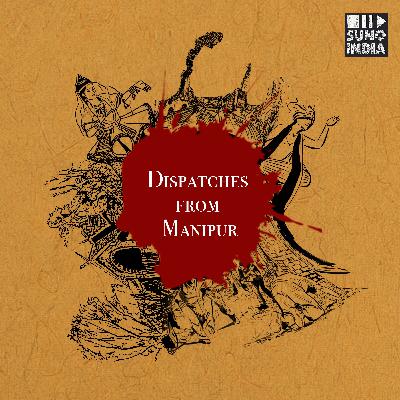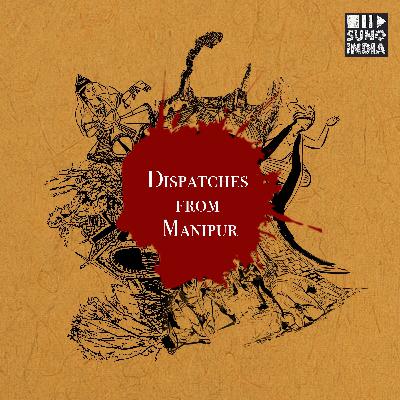
Dispatches from Manipur
Author: Suno India
Subscribed: 2Played: 19Description
Dispatches from Manipur," is an exclusive podcast brought to you by Suno India. Join us as independent journalist Greeshma Kuthar reports on the ongoing ethnic violence that has gripped the northeastern state of Manipur since May 2023.
In this podcast series, we delve into the violent clashes between the majority Meitei people residing in Imphal Valley and the tribal community from the surrounding hill districts, including the Kuki and Zo people. With nearly 100 lives lost and over 30,000 individuals displaced, the repercussions of these clashes have created a dire humanitarian crisis.
Despite the gravity of the situation, the region remains cut off from the world, with internet services suspended for over a month. Through first-hand interviews, on-the-ground reporting, and insightful analysis, Greeshma Kuthar brings you the untold stories and human experiences that often go unheard.







